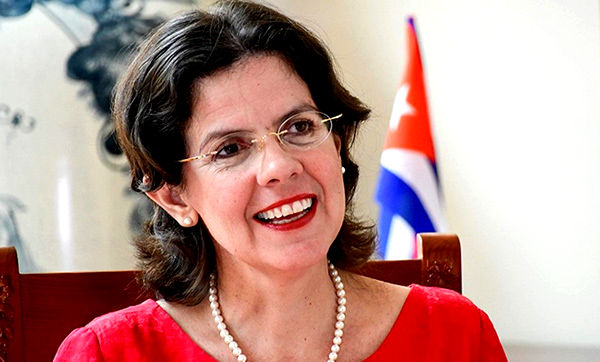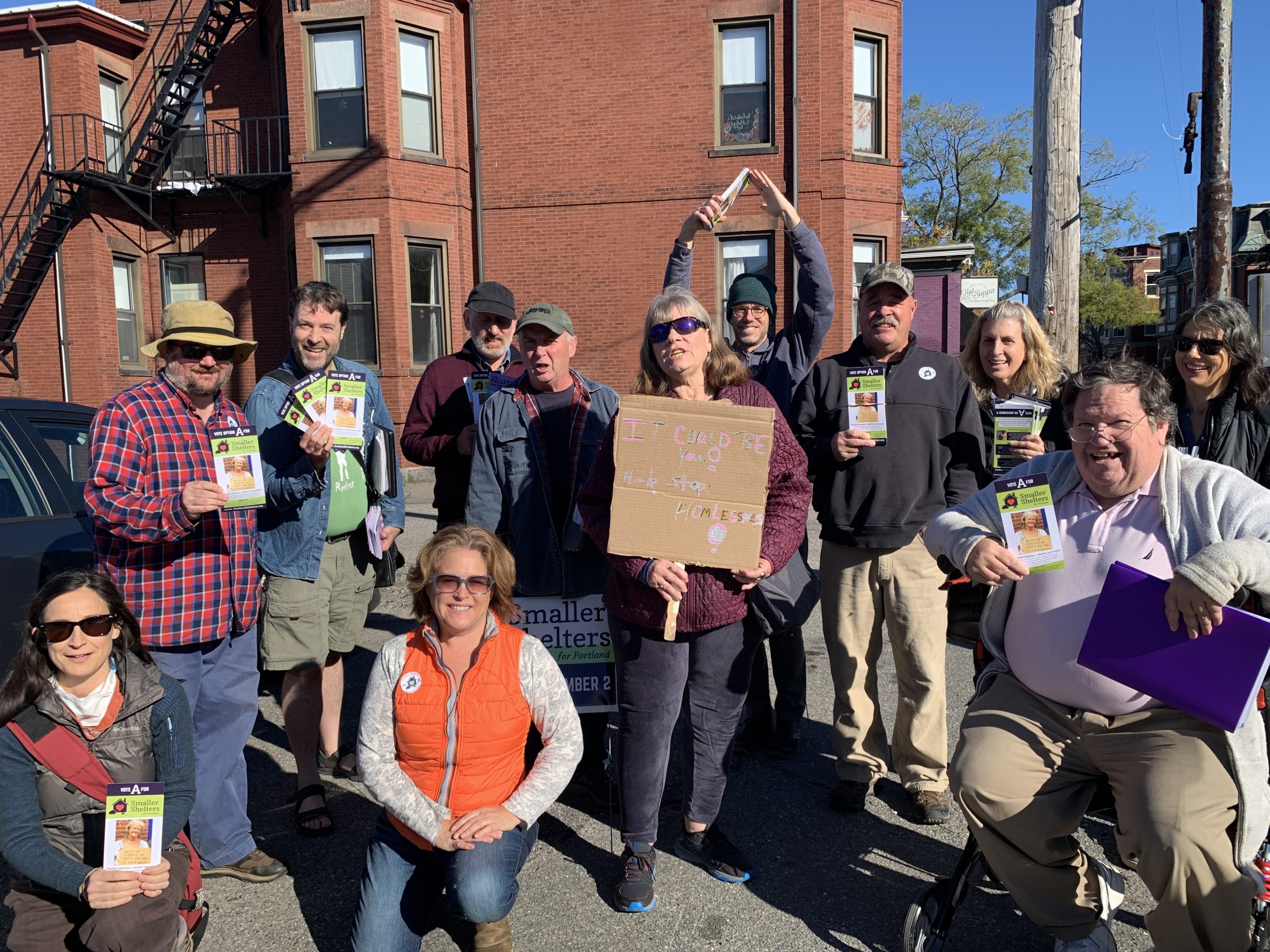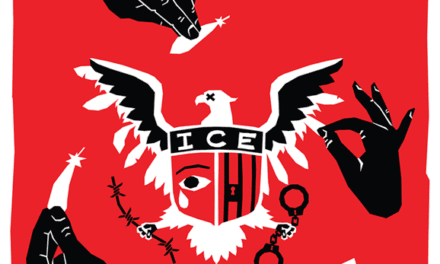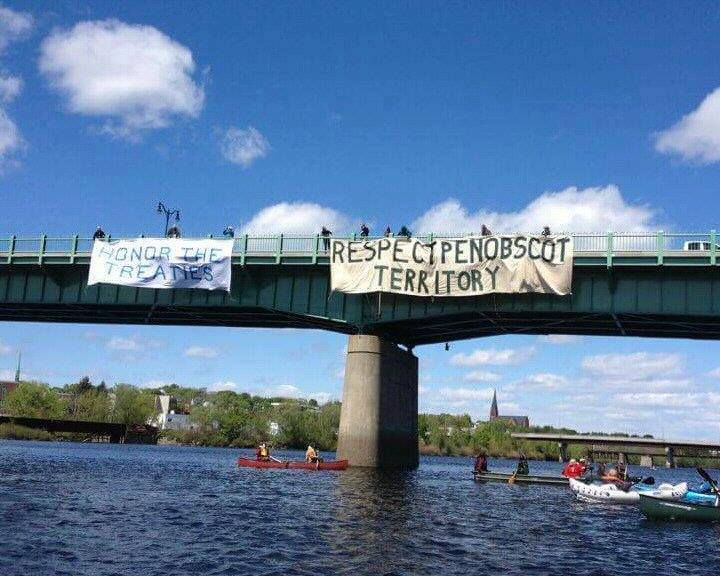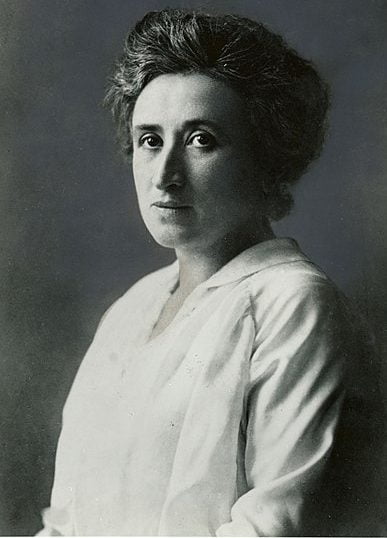On Tuesday, February 13, Cuban ambassador to the United States, Lianys Torres Rivera, met with a room full of activists at the Teamsters Hall in South Portland. Delegations from Maine Democratic Socialists of America, the Communist Party of Maine, Veterans for Peace, and Let Cuba Live were all present as were unaffiliated friends and family. Ambassador Torres Rivera explained that Cuba was experiencing a second Special Period, the first having occurred after the loss of aid from the Soviet Union in the early 1990s. Isolation caused by the ongoing COVID-19 pandemic–-especially the loss of tourist revenues–-and an economic embargo enforced by the United States devastated the Cuban economy.
Torres Rivera explained that Trump tightened the sanctions back to a Cold War level in 2016. While President Biden could ease those sanctions significantly with a pen stroke, has chosen not to. Congress could act to eliminate sanctions whole-cloth but refuses to do so. However, dozens of cities and many trade unions have passed resolutions to remove Cuba from the State Sponsors of Terrorism list and to end the economic blockade.
Torres Rivera implored activists to continue this work, to make sure that your town, your union, your state, your representatives, and your senators adopt or support similar resolutions. The passage of these resolutions is big news in Cuba and people appreciate reading about solidarity with Cuba in the United States. However, the resolutions alone are not enough. The Cuban people need material support. This material support can come in the form of opening trade relations with Cuba, cultural programs, or academic programs. Portland could trade fish with Cuba, which is currently struggling to maintain certain fish populations due to climate change and overfishing. Brunswick could strengthen its sister city relationship with Trinidad, Cuba and invite the townspeople to learn about life in Trinidad. The University of Maine system and the private colleges could initiate academic relations with Cuban universities and biotech companies in Maine could partner with researchers in Cuba who are developing treatments for Early Onset and Mid Stage Alzheimer’s (NeuralCIM), Lung Cancer (CIMAvax), and other critical medical treatments (diabetic foot ulcers, vitiligo, psoriasis, etc).
The Cuban people are going to make it through this new Special Period, regardless of its relationship with the United States. Torres Rivera recognized however that a good relationship with the United States will drastically reduce the time needed to recover from the current economic crisis. The ambassador emphasized that Cubans believe that Americans are a good people who want peace. She encouraged activists in attendance to begin the work of building solidarity in Maine in whatever form possible.
As activists in Maine DSA, we must not allow for our comrades in Cuba to face this special period alone. We must show that we have them in our hearts. We must continue our international solidarity work, including our efforts to turn the tide on genocide in Palestine and supporting our comrades in Cuba by fostering economic, cultural, and social connections. If readers are interested in getting connected with Cuban Solidarity work please email steering@mainedsa.org, and we can connect you to these growing activist networks.
